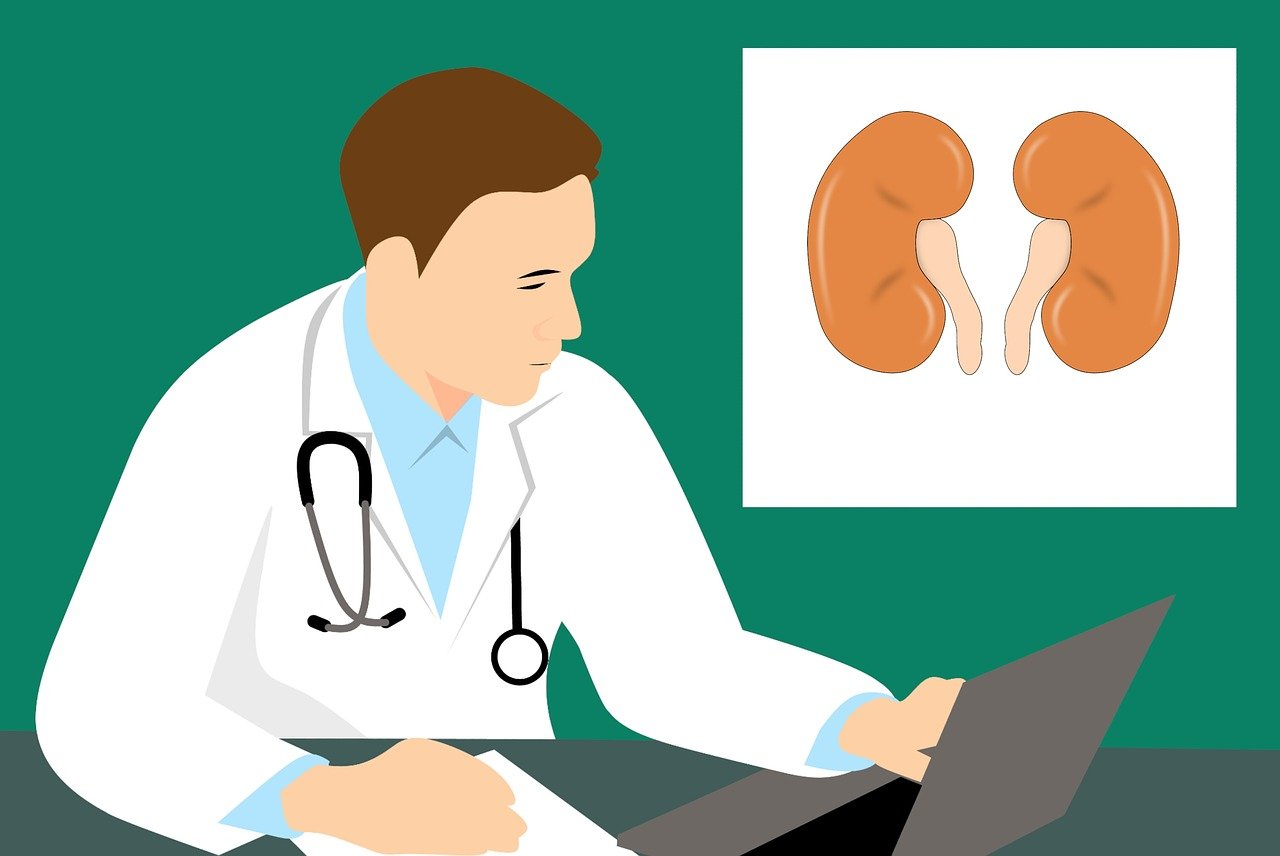As a medical professional, I have seen firsthand the devastating impact that high blood pressure can have on the human body. One of the most concerning effects is the damage it can cause to the kidneys. In this article, we will explore the link between high blood pressure and kidney disease, the symptoms of renal hypertension and hypertensive chronic kidney disease (CKD), the connection between high blood pressure and kidney failure, how kidney damage from high blood pressure can be reversed, and the best ways to manage high blood pressure to protect kidney health.
Understanding the Link Between High Blood Pressure and Kidney Disease
The kidneys play a crucial role in maintaining our overall health. They filter waste and excess fluids from our blood, help regulate blood pressure, and produce hormones that promote the production of red blood cells and strengthen bones. When blood pressure is too high, it can damage the delicate blood vessels in the kidneys, which can lead to kidney disease over time.
In fact, according to the American Heart Association, high blood pressure is the second leading cause of kidney failure in the United States. In addition, people with kidney disease are more likely to develop high blood pressure, which can create a dangerous cycle of damage to both the kidneys and cardiovascular system.
The Role of Blood Pressure in Kidney Function
To understand the impact of high blood pressure on kidney health, it is important to understand how blood pressure affects kidney function. The kidneys have a network of tiny blood vessels called glomeruli that filter waste and excess fluid from the blood. When blood pressure is too high, it can damage these blood vessels, making it harder for the kidneys to do their job. Over time, this damage can lead to a condition called renal hypertension, which is characterized by high blood pressure specifically within the kidneys.
Renal hypertension can lead to hypertensive chronic kidney disease (CKD), which is a progressive condition that can eventually lead to kidney failure. Symptoms of this condition can include fatigue, nausea, swelling in the legs and ankles, and changes in urination patterns.
Can High Blood Pressure Cause Kidney Failure? Exploring the Connection
As we mentioned earlier, high blood pressure is a leading cause of kidney failure in the United States. Over time, uncontrolled high blood pressure can damage the blood vessels in the kidneys, making it harder for them to function properly. This can lead to a buildup of waste and excess fluid in the body, which can cause further damage to the kidneys and other organs.
In addition to causing renal hypertension and hypertensive CKD, high blood pressure can also increase the risk of other conditions that can lead to kidney failure, such as diabetes and atherosclerosis. For this reason, it is important to manage blood pressure effectively in order to protect kidney health.
How Kidney Damage from High Blood Pressure Can Be Reversed
Fortunately, the damage caused by high blood pressure to the kidneys can be reversed if caught early enough. This is why it is so important to get regular check-ups and monitor blood pressure levels, especially if you have a family history of kidney disease or high blood pressure.
If you are diagnosed with renal hypertension or hypertensive CKD, your doctor may recommend medications to help lower blood pressure and protect kidney function. In some cases, lifestyle changes such as losing weight, quitting smoking, and reducing salt intake can also be effective in managing blood pressure and protecting kidney health.
Managing High Blood Pressure to Protect Kidney Health
If you have high blood pressure, taking steps to manage it effectively can help protect your kidney health. This may include taking medications as prescribed by your doctor, making lifestyle changes to improve your overall health, and monitoring your blood pressure regularly.
In addition, it is important to work closely with your healthcare team to manage any other health conditions that may affect your kidney function, such as diabetes or heart disease. By taking a proactive approach to your health, you can reduce your risk of developing kidney disease and other complications associated with high blood pressure.
The Best Blood Pressure Medications for Kidney Disease
If you have kidney disease, your doctor may prescribe medications specifically designed to protect your kidneys and manage blood pressure. Some of the most commonly prescribed medications for kidney disease include angiotensin-converting enzyme (ACE) inhibitors and angiotensin receptor blockers (ARBs), which work by relaxing blood vessels and reducing blood pressure within the kidneys.
Other medications that may be prescribed for kidney disease include diuretics, calcium channel blockers, and beta blockers. Your doctor will work with you to determine the best course of treatment based on your individual needs and medical history.
Lifestyle Changes to Improve Blood Pressure and Kidney Health
In addition to taking medications as prescribed, making lifestyle changes can be an effective way to manage high blood pressure and protect your kidney health. Some lifestyle changes that may be recommended include:
- Eating a healthy diet that is low in salt and saturated fats
- Engaging in regular physical activity
- Maintaining a healthy weight
- Quitting smoking
- Limiting alcohol intake
By making these changes, you can improve your overall health and reduce your risk of developing kidney disease and other complications associated with high blood pressure.
Conclusion: Taking Proactive Steps to Protect Your Kidneys from the Adverse Effects of High Blood Pressure
High blood pressure can have a serious impact on kidney health, but there are steps you can take to protect yourself. By understanding the link between high blood pressure and kidney disease, monitoring your blood pressure regularly, and working closely with your healthcare team, you can reduce your risk of developing renal hypertension, hypertensive CKD, and other complications associated with high blood pressure.
Remember, early detection and treatment are key when it comes to protecting your kidney health. If you have concerns about your blood pressure or kidney function, talk to your doctor right away. By taking proactive steps to manage your health, you can enjoy a longer, healthier life.


